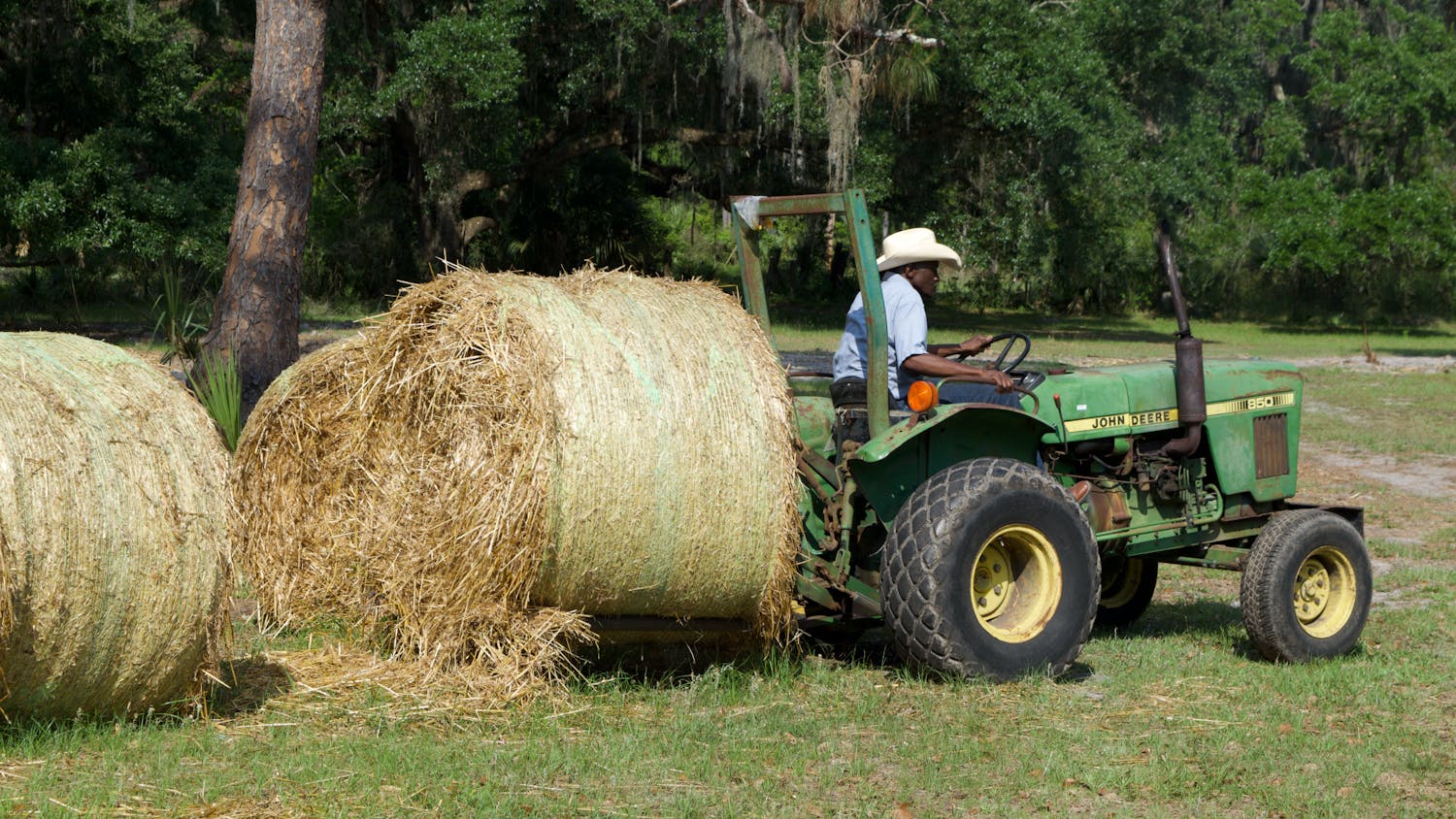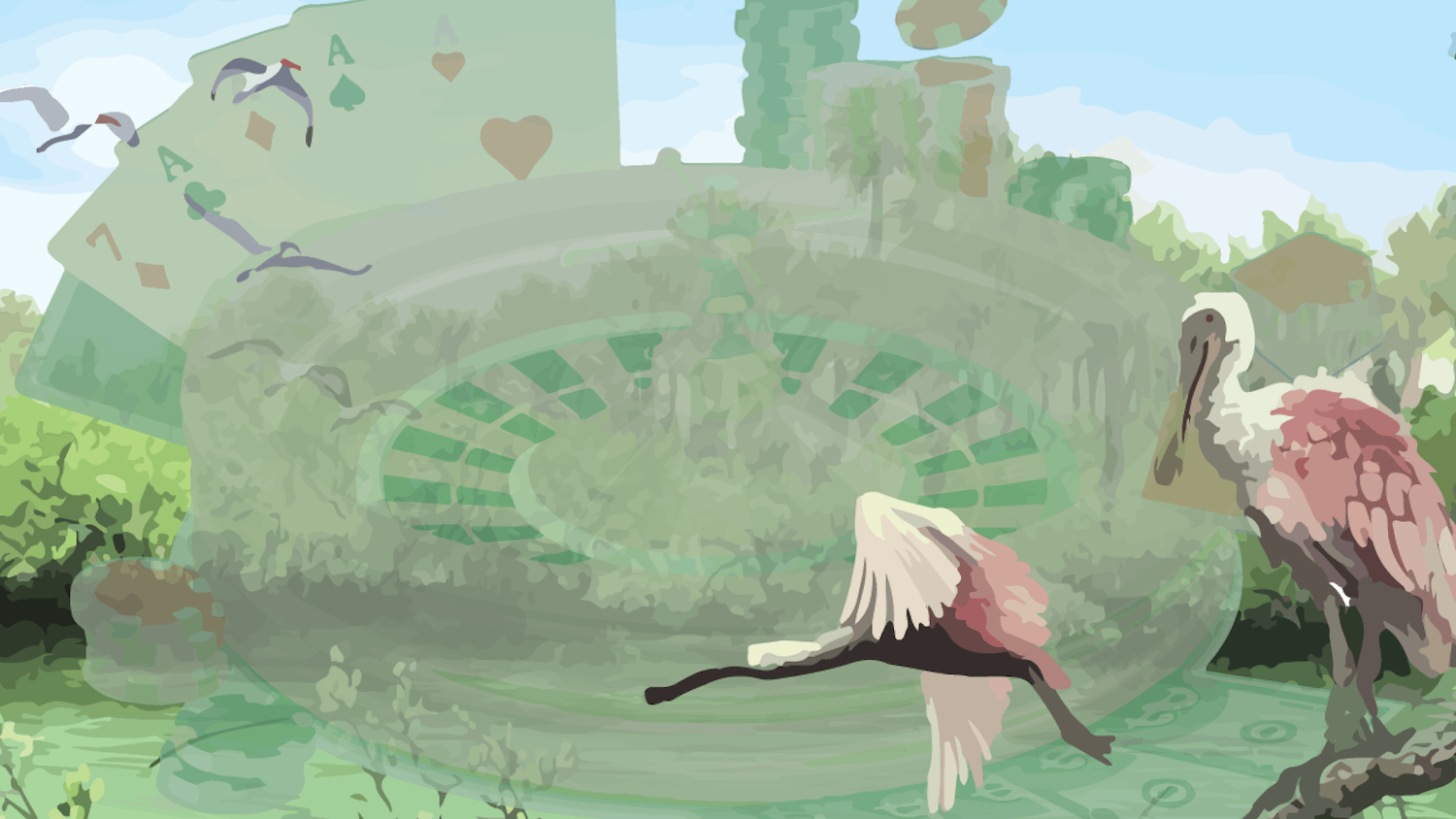Rising temperatures may cause a steady decline in wheat production, the crop that makes up 20 percent of calories consumed globally.
According to a study led by Senthold Asseng, a UF professor of agriculture and biological engineering, wheat yields decline by 6 percent for every increase of 1 degree Celsius in the atmosphere.
Higher temperatures can also decrease the grain’s nutritional value, but a possible solution can be found in crop management and the breeding of heat-tolerant plants, Asseng said.
Both have limitations, though. A heat-tolerant variety of wheat could take up to 50 years to perfect, he said, and global food production must increase 60 percent by 2050 to meet population demands.
“We shouldn’t lose any more time to invest in looking at adaptation options,” he said.
Mike Walker, a Citizens Co-op employee with five years of farming experience, said while crops have undergone genetic modification for thousands of years, he isn’t sure how the human body will handle new developments.
“There’s no way to tell, even in a generation, if genetically modified crops are changing with us or not,” he said.
Walker, who was standing next to his coworker with a wheat allergy, said there are other grain options with the similar nutritional values as wheat, including barley, quinoa and rice.
Asseng said he hopes to isolate more factors, including rainfall or solar radiation, to find their effects on food crops.
He said he is also focused on the threat of carbon dioxide trapping the sun’s energy, which is pushing the global temperature higher.
“I think in some parts of the world, the increasing temperatures will be so challenging that they might not be able to produce a crop — or at least not a viable crop,” Asseng said.
[A version of this story ran on page 5 on 1/20/2015 under the headline “Rising temperatures could decrease wheat production"]





